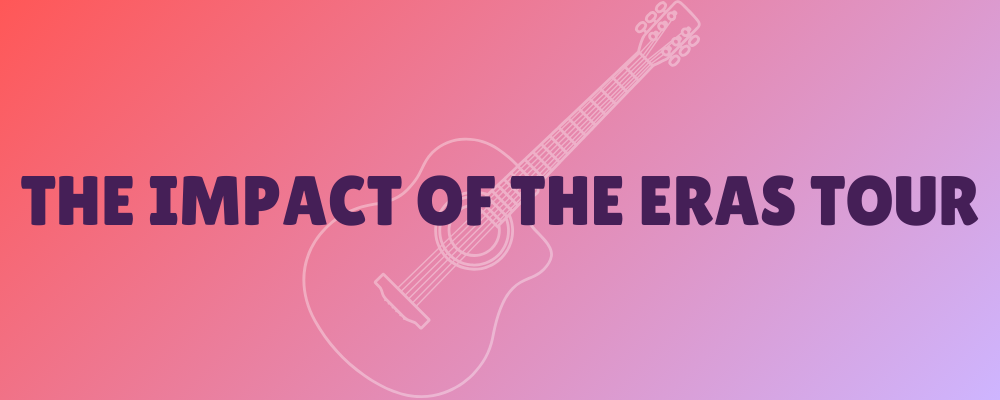For many people, parties and work functions are a time to make small talk and perhaps feel a little socially awkward. Seeing that you're reading the BookNet Canada blog, it may be safe to assume that one of the questions you can lean on for such social occasions is “So, what are you reading?” This question can open things up and bring on a wonderful conversation or it can completely fall flat. Well, BookNet is here to try to help you with your social dilemma: Who is it safe to talk to about books and who should you avoid at your next party?
This research is based on the first three quarters of 2019, where we asked more than 9,000 adult English-speaking Canadians about their book-buying habits. We asked respondents if they had purchased a book in the prior 12 months, and 43% said they had not bought a book. The data below represents all respondents and not just those who purchased a book.
Who is least likely to buy a book?
Generally, men and women are fairly even with 46% of men and 40% of women not purchasing a book.
When it comes to age, the general rule is: the younger a person is the more likely they are to be a book buyer. Just over half, 52%, of respondents age 65 or older did not make a book purchase in the prior 12 months, whereas only 26% of those aged 18-24 didn’t make a book purchase. Of course, we can consider that this younger age bracket is likely going to include the most students, who may have purchased books for that purpose rather than for leisure.
Those who are divorced or widowed are less likely to purchase books (48% and 56% did not make a purchase in the previous year). Whereas for those who are single, 56% bought a book. Of those who live in rural areas, 48% did not purchase a book compared to urban areas where 42% opted not to purchase.
Perhaps because they have the means and the need, those who work full-time or are students are the most likely to purchase (63% and 74%) whereas 51% of those who are retired did not make a purchase.
Now, before we send you running away from your new male, divorced friends aged 65+, it's important to remember that buying isn’t the only way to access books. One can easily argue that reading and buying don’t necessarily correlate [Ed. note: We have the research to back it up.]; there are lots of ways to access books — borrowing from the public library, access to Little Free Libraries, borrowing and sharing with friends, and so on. When we look at those who use the library, we find that 28% of those 65 and older borrow books from the library.
So, take this post as a challenge. At your next party or social gathering, try to strike up as many conversations you can about books. While it may not take you to a place you expect, it'll likely lead you somewhere interesting.














Sales and library circulation data of Historical Fiction titles during the fourth quarter of 2024.